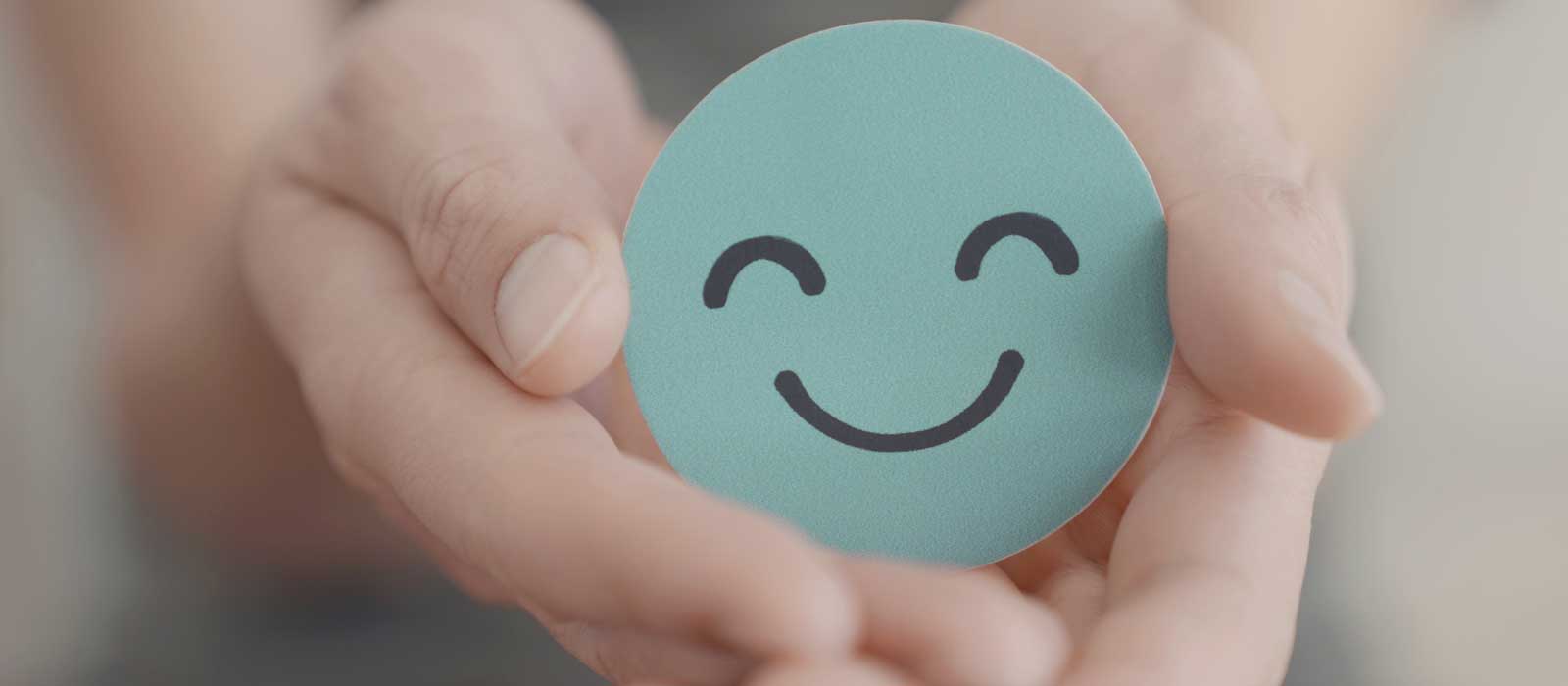In the state of California, nearly 1 in 7 adults have experienced mental illness. These issues can be a daily challenge: a battle within that can cast a shadow over every aspect of your life. Even though the statistics are sobering, there is hope: mental health treatment programs can revitalize your life and help you find a way forward.
Regardless of the severity of your mental health condition, the most important step you can take is to seek help from compassionate experts. Our team at First Light Recovery is here to assist, offering a range of residential mental health treatments to help clients in Orange County with everything from trauma to mood disorders and more. This focused journey of recovery and healing is designed to integrate clinical care with holistic services, helping each person get to the root causes of their mental health conditions.
The reality is that sometimes outpatient care isn’t enough. Some people need round-the-clock care and a more supportive environment to get back on their feet again. We have created a therapeutic community that allows you to step away from the daily stresses of life and focus on what matters most: your health and wellness. We provide an immersive approach, empowering each client to go home with powerful coping mechanisms and tools that build a solid foundation for long-term recovery.
The Differences: Inpatient vs. Outpatient Care
Most of the time, mental health treatment begins as outpatient care. You stay at your own home and have appointments with mental health specialists. When it’s time for your treatments, you go to the facility for a few hours to work with these providers.
On the other hand, inpatient care means that you are living in the facility for a short time, with experienced mental health providers monitoring you throughout the day. Patients with moderate or severe mental health challenges often benefit from this more structured environment.
When you compare both inpatient and outpatient mental health treatment, there are important overlaps. For example, many of the services offered in an inpatient setting are also available for outpatient services, including medication, therapy, group support, and more. The main difference between the two treatment options is the more intensive supervision in an inpatient program, enabling patients to get help immediately when they need it.
Types of Mental Health Conditions for Inpatient Treatment
Inpatient care allows for individualized treatment programs, giving you the best plan based on your personalized needs. Our team at First Light Recovery has experience treating clients who are battling various conditions, including anxiety disorders, thought disorders, mood disorders, bipolar disorder, depression, borderline personality disorder, PTSD, self-harm, and suicidal ideation.
We maintain consistent routines and offer comprehensive care. Every patient gains access to customized treatment plans that incorporate individual therapy, group sessions, and medication management.
Inpatient Overview: The Process for Mental Health Treatment
The combined approach, using multiple therapeutic approaches, helps to improve the overall results each person can achieve. We start with comprehensive assessments during the initial evaluation process.
At First Light Recovery, we recognize that every person is unique, which is why there isn’t a one-size-fits-all solution for every client. As we finish the evaluation process, it’s time to design your customized treatment plan. We discuss your goals and identify specific needs, then design a program that will be best suited for you.
As we move forward with treatment, ongoing monitoring is critical to ensure that adjustments can be made as needed. Our care team is continually assessing your progress and making changes to the treatments to ensure you stay on track every step of the way.
Why Choose Inpatient Mental Health Treatment?
When you are exploring options for inpatient mental health treatment in Orange County, CA, how do you choose the program that fits your unique needs?
If you are trying to decide whether inpatient services are right for you, then we invite you to schedule a consultation to talk with our experienced team at First Light Recovery.
Nationwide, 5.5% of adults in the United States experienced serious mental illness in 2021 – they are the ideal clients who often benefit from inpatient services.
Here are some of the benefits of inpatient care:
- Safe Environment: The reality is that mental health challenges can pose a safety concern. Most people who commit suicide have a diagnosable mental disorder (often depression or a substance use disorder). These patients need to be in an environment where their safety is prioritized. Inpatient care allows them to receive care for their mental health conditions under the watchful eye of expert providers.
- Focused Recovery: It can be a challenge to juggle responsibilities and stress at home while trying to recover from a mental health condition. An inpatient facility is a controlled and comfortable place where clients can focus on their healing without having outside distractions.
- Avoiding Potential Triggers: Triggers in the environment can cause a person to enter a mental health episode, which is why it’s important to avoid these triggers during recovery. Our inpatient environment is trigger-free, helping patients recover without worrying about an unexpected trigger leading to relapse. When each person leaves our clinic, they have tools to identify and deal with any triggers they might face in the real world.
- Professional Support: Every person offering services in an inpatient treatment center has been thoroughly trained and brings years of experience in mental health care. You have caring doctors and staff members who provide support around the clock, offering a personalized treatment plan to optimize your recovery success.
- Group Connections: Community can be an important factor in helping clients overcome mental health challenges. In an inpatient program, not only do you receive individual therapy sessions, but there are also options to connect with other people through group therapy. These shared experiences help you see that you are not alone. It is a collaborative environment where everyone can work together to overcome their struggles.
- Whole Person Treatment: When we design an inpatient mental health treatment plan, it isn’t only about managing the mental illness and associated symptoms. The goal is to improve overall wellness. We use a whole-person approach to address not only the mental health symptoms, but also assist in improving physical health at the same time.
Resilience in Mental Health Recovery for Lasting Results
Not only do we want each person to leave our clinic with hope for the future, but our goal is to ensure that you are empowered with lasting wellness.
We build in transition support as you are navigating your normal daily routines once again. It’s essential to ensure that each client has coping mechanisms to manage emotions, stress, and triggers – because these things are inevitable in home and work responsibilities.
Aftercare planning often transitions a client from inpatient care to outpatient services. So, there are continued support systems for the client to reach out to caring professionals as much as they need.
Additionally, we’ve found that family involvement is key to helping a person maintain long-term recovery. When a client goes home to a supportive environment, then it improves the outlook for the future. Our team offers family education and therapy as needed.
Overcoming the Stigma of Mental Health Treatment
Even though there is a growing awareness of mental health issues, we still have a long way to go to help society understand the importance of professional treatment.
The unfortunate reality is that many people suffer alone with their mental health challenges. While societal stigmas are changing, these barriers sometimes prevent people from seeking the help they need.
The outdated (and harmful) perception means that some people feel weak or ashamed for admitting they need help. But the truth is that seeking mental health treatment is actually a step of courage – not a sign of weakness. It is the first step towards healing and recovery.
Reaching out for help is the first step. Once you walk into the comfort of our treatment facilities, you will see that there is nothing to be afraid of. We offer a safe and confidential space where you can work with mental health specialists, finding the best treatment solutions to improve your mental health and optimize your life overall. This inpatient approach gives you the opportunity to focus on recovery without worrying about the pressures and distractions of everyday life.
It’s time to break the silence. Seeking mental health treatment is one of the best acts of self-care you can take.
Call Our Expert Team at First Light Recovery
At First Light Recovery, we are here to help with all types of mental health conditions. Our professional team works with clients individually in an inpatient setting, offering the customized care that each person deserves. Many people report that making the decision to get help with their mental health was the turning point that started their lives in a better direction.
For more information about our mental health services in Orange County, CA, we invite you to contact our experienced team at First Light Recovery: (949) 326-3658. We offer a confidential, no-pressure consultation so you can decide if our team is the right fit for your unique needs. We are always here to help!




